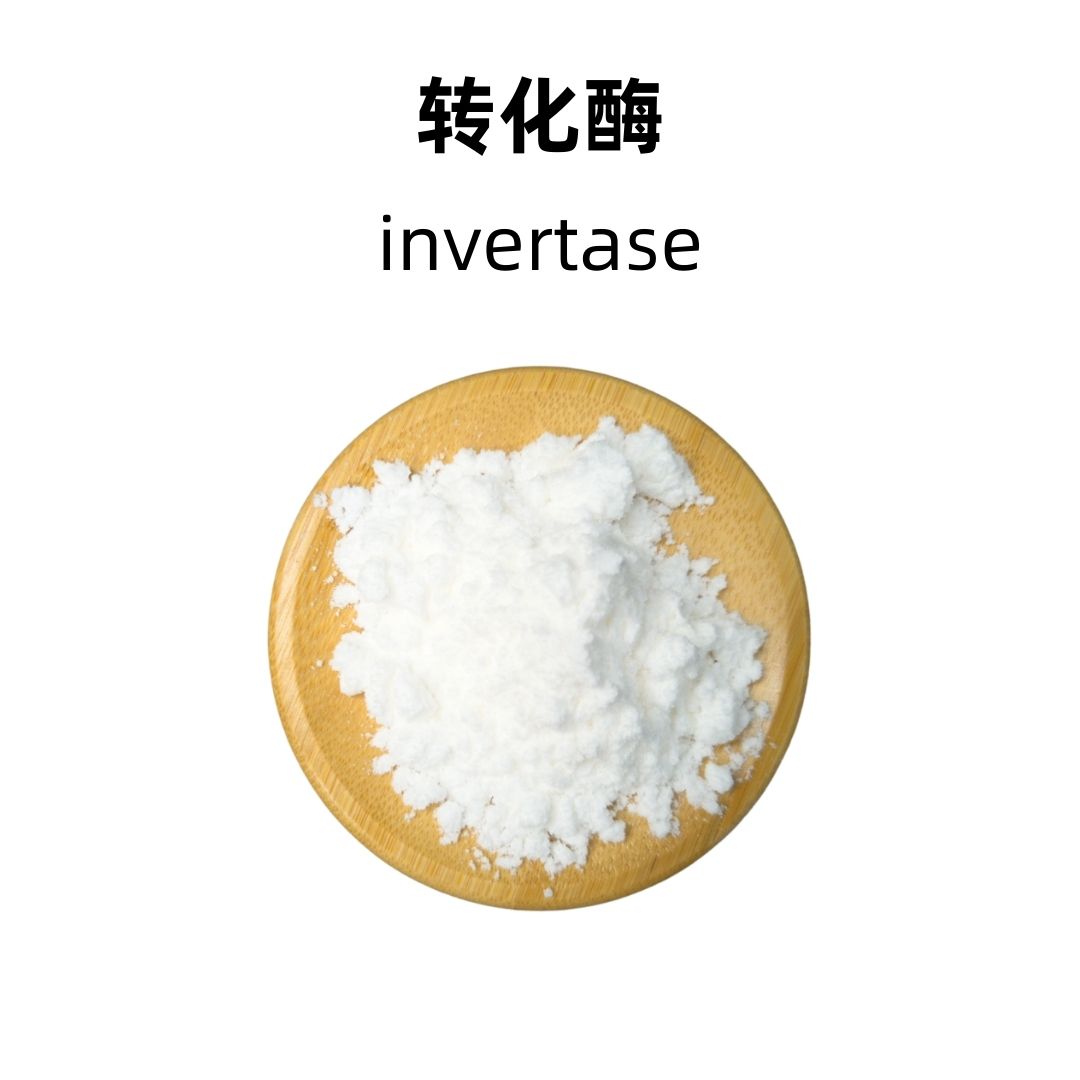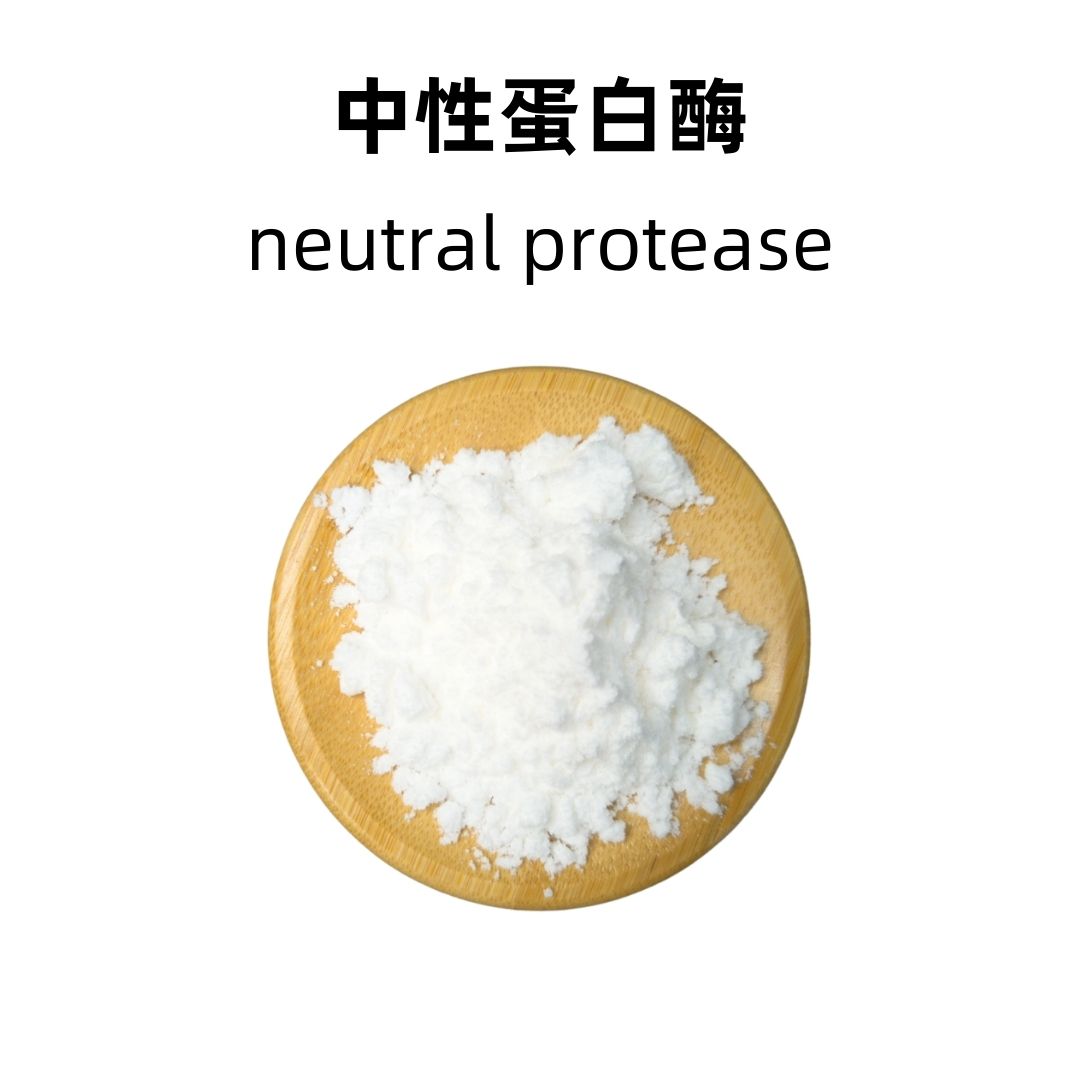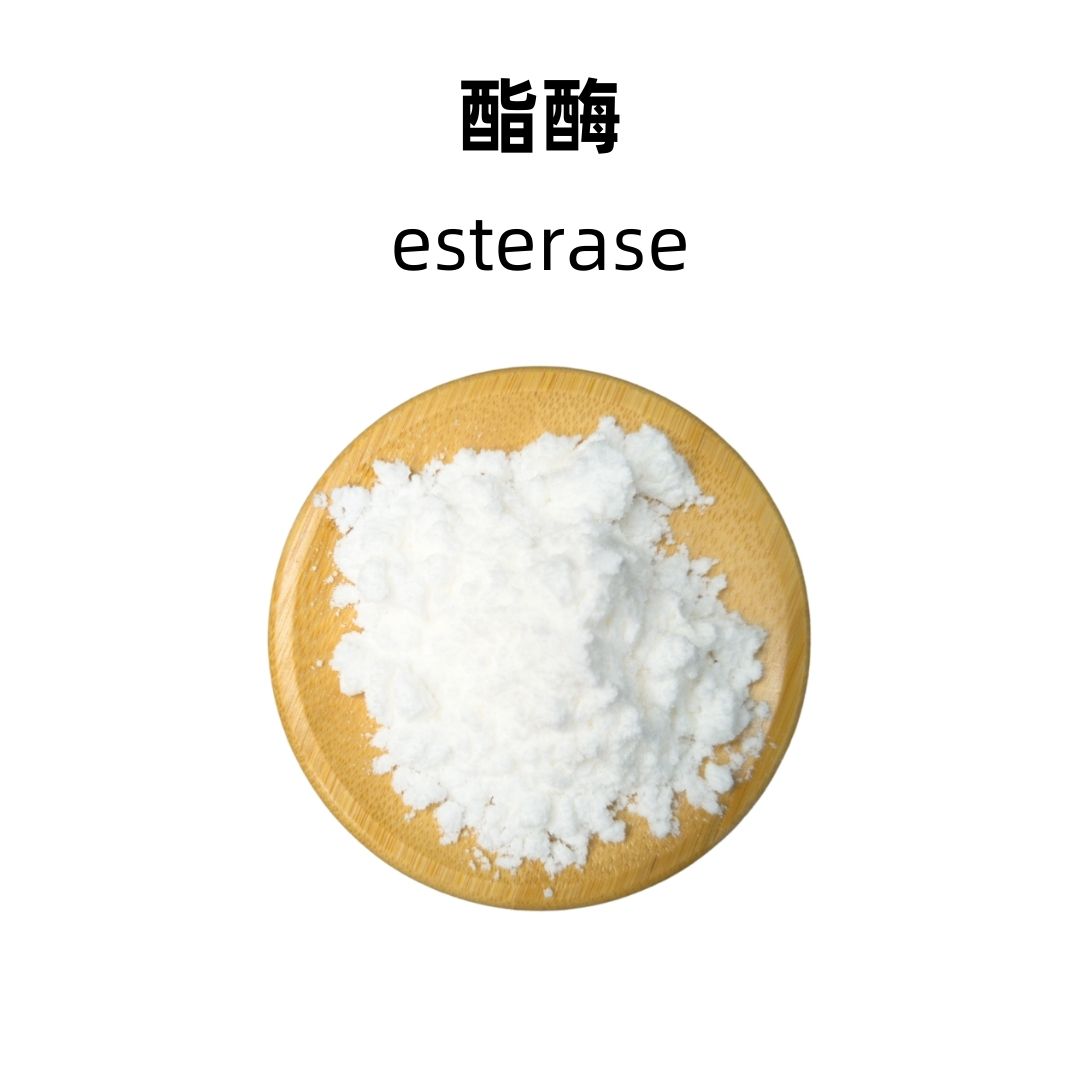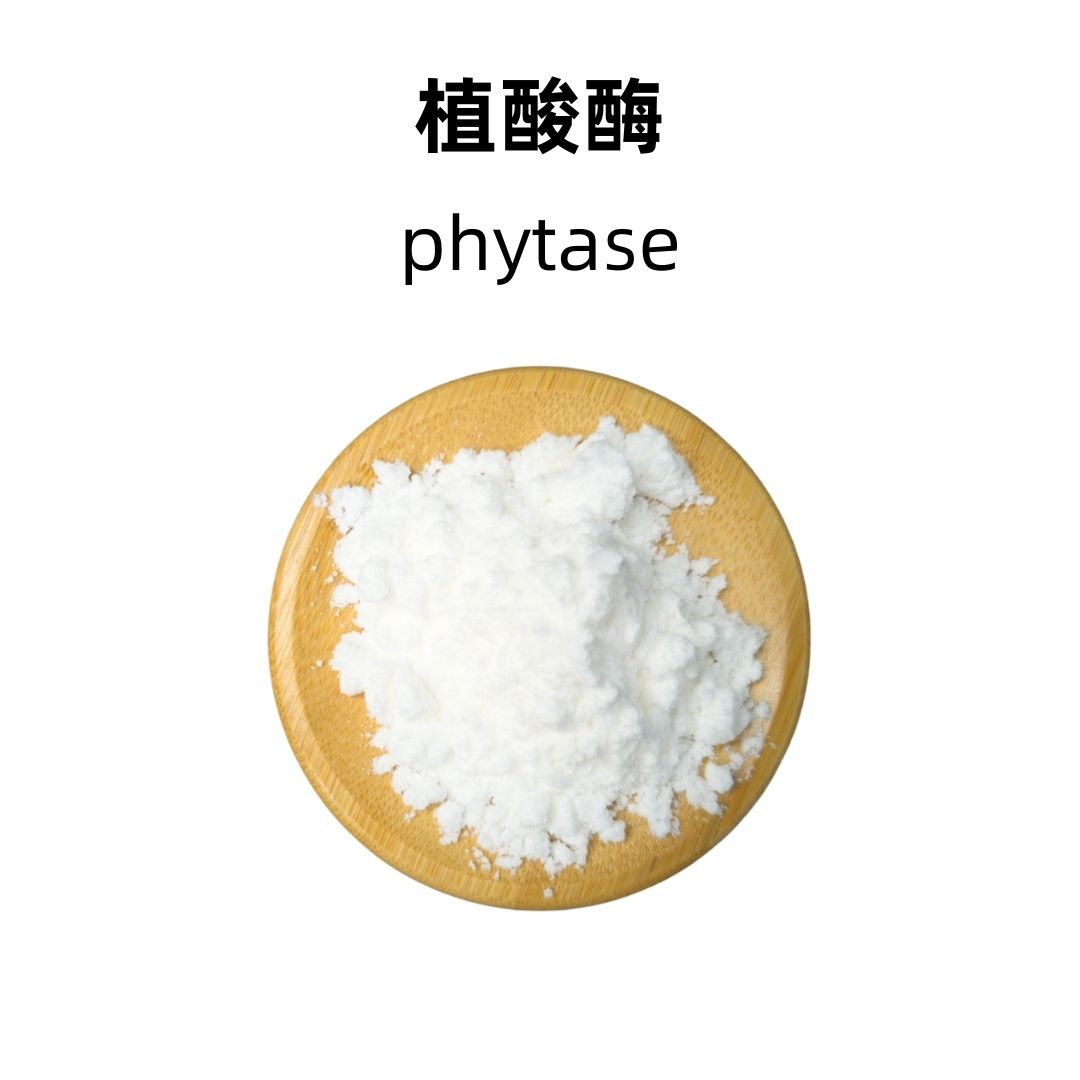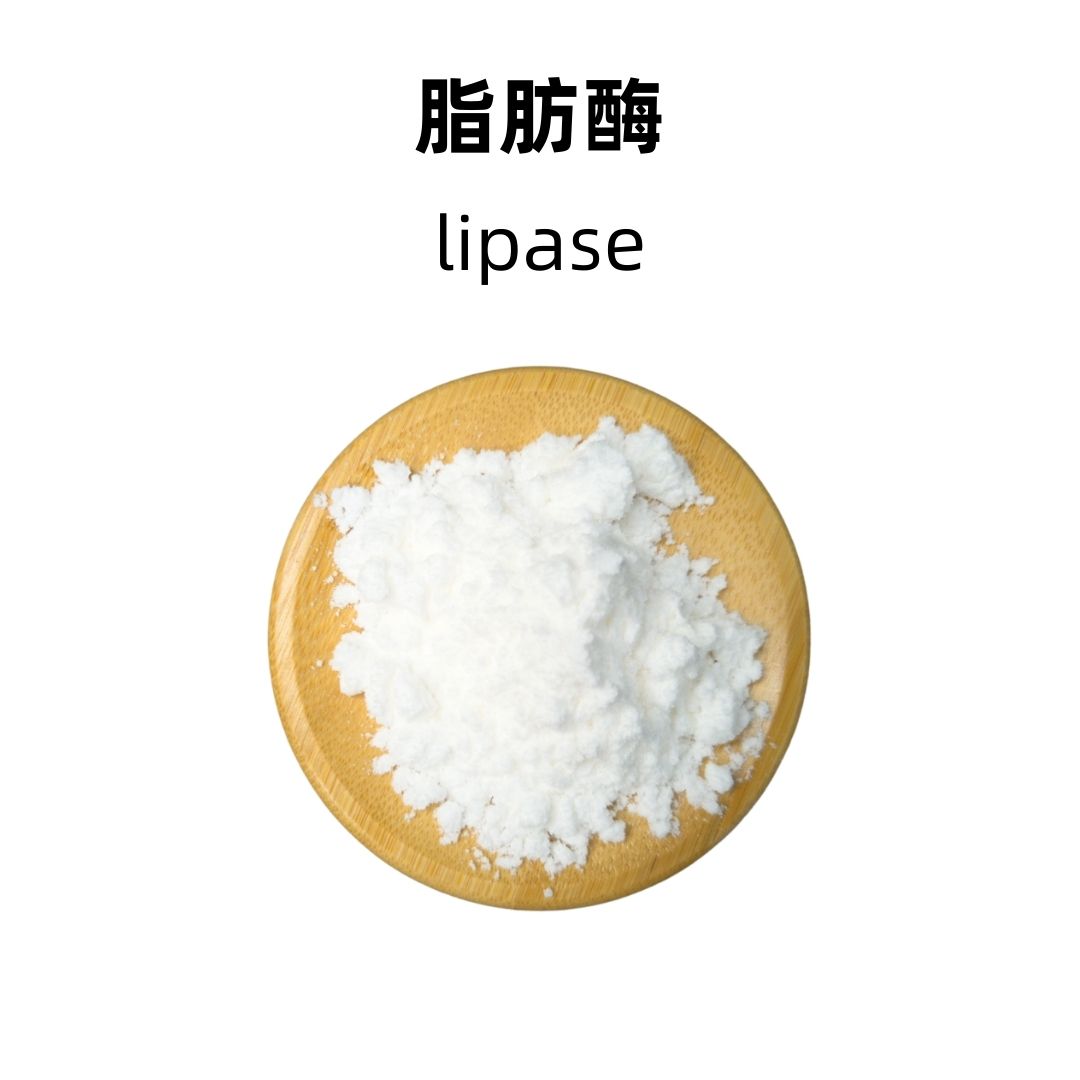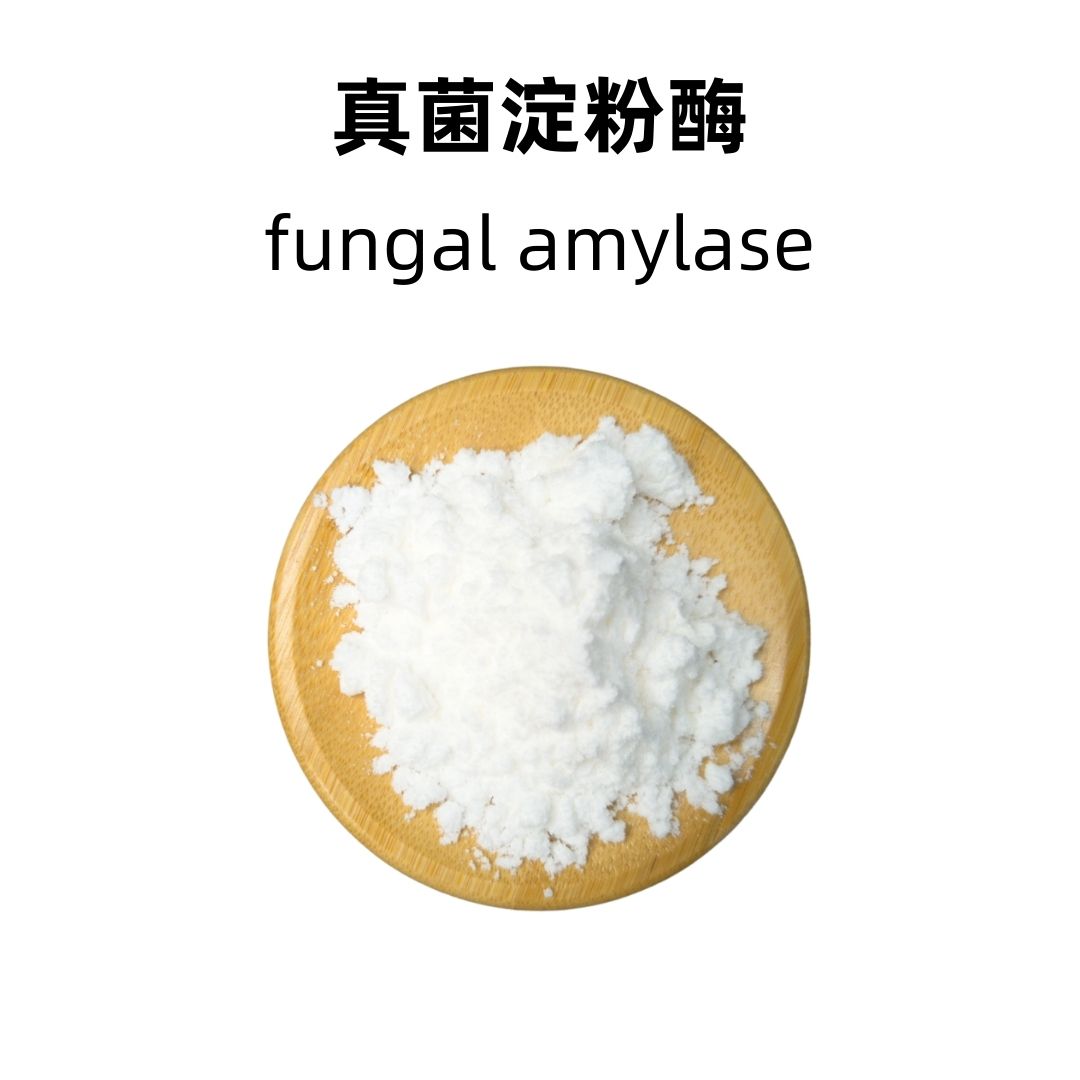Product Introduction
Protease is an enzyme that plays a crucial role in the breakdown of proteins into smaller peptides and amino acids. It is widely used in various industries due to its ability to enhance the digestibility of protein sources and improve the texture and flavor of food products. In addition to food applications, proteases are involved in several biological processes and are utilized in detergents and medical applications.
Production Process
The production of protease typically involves fermentation processes using specific strains of microorganisms, such as bacteria or fungi. These organisms are cultivated under controlled conditions to maximize the yield of proteolytic enzymes. Once the fermentation is complete, the protease is extracted and purified through various filtration and chromatography techniques. The purified enzyme is then concentrated, dried, and milled to the desired mesh size for commercial distribution.
Effects and Functions
Protease is known for its significant benefits in digesting dietary proteins. It helps in breaking down complex proteins into simpler amino acids, making them easier for the body to absorb. In the food industry, protease enhances flavors and improves the texture of meat and other protein-rich products. It is also used in various detergent formulations to break down protein-based stains and in medical applications for wound debridement and digestion aids.
Application Scenarios
Protease finds application in many sectors. In the food industry, it is used in meat tenderizers, dairy products, and brewing. The detergent industry utilizes proteases for stain removal, particularly in biological laundry detergents. In medicine, proteases play a role in the treatment of certain conditions by aiding digestion and helping wounds heal more efficiently. They are also used in research for protein analysis and studies related to protein structure and function.
Packaging and Storage
Storage Conditions: The product should be sealed, protected from light, kept away from high temperatures, and stored in a dry, cool, and well-ventilated place.
Packaging: Bulk: 25 kg per fiber drum. Sample: 1 kg per aluminum foil bag. Custom packaging is available upon request.
Shipping Methods: FedEx, DHL, dedicated logistics, and sea freight consolidation.
Shelf Life: Two years.
Monica Sun possesses extensive technical expertise and market insights in the food additives industry. She excels in designing efficient and safe additive formulations tailored to various food applications, ranging from sweeteners to functional dietary fibers. Monica has successfully assisted food manufacturers in optimizing ingredient combinations to enhance product quality and improve consumer satisfaction.









